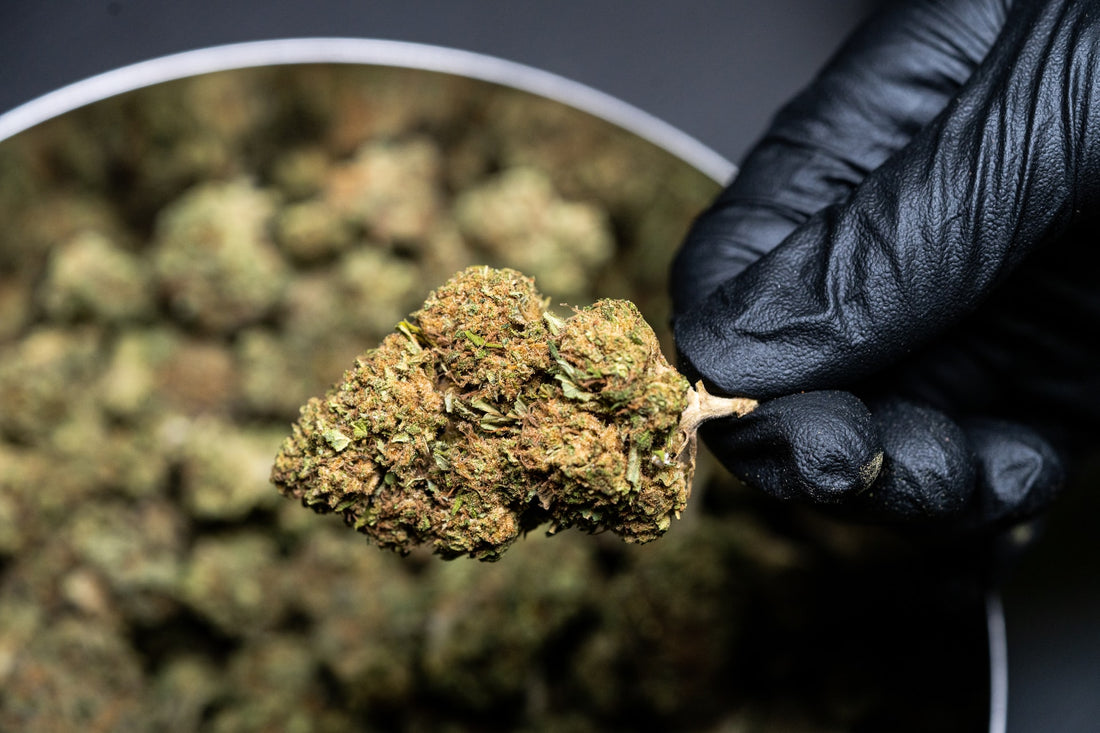This article was originally written in the summer of 2020.
In its second year of legalization, the Canadian cannabis market has certainly seen some highs and lows. Although initial figures and sales were very promising, numbers coming in from the second year of legalization had many labelling the Canadian “green wave” a flop. Nonetheless, new legislation permitted the sale of edibles and infused goods which would allow cannabis to take up more of the Canadian market share. As dispensaries and cannabis brands alike prepared to roll out these new products and continue with their business, the threat of Covid-19 drew closer.
A spike in profit due to Covid-19 scare
The novel coronavirus that has led to many deaths across the globe and caused many countries to lockdown, has also affected the Canadian cannabis market. While some speculated that Canadian cannabis companies would only lose money, many of them saw a sharp increase in profits. According to BNN Bloomberg, $181 million of cannabis were sold in Canada in March. This figure represents a 19.2% increase from the previous month. Speculation around whether cannabis would be considered an essential service pushed many cannabis users to stockpile their medication before a lockdown was enforced.
Ontario government changes its tune on cannabis
In the end, the Canadian government deemed cannabis essential as it forms a vital part of the country’s healthcare infrastructure. For cannabis companies, this decree was crucial not only to stay afloat but also for production to remain legal. The federal government regulates all cannabis production in Canada, including medical marijuana. However, it was in Ontario where cannabis users were disappointed by their provincial government’s choice. Dispensaries and cannabis shops were forced to close on April 4 because the Ontario government removed them from the list of essential services.
Ontarians left with little to no legal choices
In its original decree, the federal Canadian government specified that cannabis “for medical purposes” would be essential. Initially, Ontario Premier Doug Ford was quoted saying that the government was there to support people with addiction by keeping these cannabis stores open. Many Ontarians found that to be untrue when the provincial government removed cannabis stores from the list of the essential services, but kept stores that sell beer, wine, or liquor. This closure lasted for fourteen days and was aimed at helping Ontario flatten the curve. Cannabis consumers in Ontario were still able to purchase cannabis online from one cannabis e-commerce shop.
Cannabis in Ontario gets back to business
After the fourteen-day closure, cannabis shops in Ontario were allowed to reopen and return to normal. During the closure, many stores took the time to implement e-commerce sites, click-and-collect options, curbside pick-up, as well as add cashier guards and social distancing signage for in-store customers. Local cannabis companies did their best to reduce crowds and follow federal mandates for businesses. Despite their two week closure, Ontario cannabis companies continued to see an increase in orders, causing them to extend waiting and shipping times.
Canadians support cannabis
Granted that while Canadians are no longer hoarding cannabis, their constant support of the cannabis market shows how essential it really is. The entire country watched as the Ontario government was met with criticism for closing for cannabis shops during a time of mental and physical duress in the country. Upon reopening, the cannabis community showed its support for the Canadian cannabis market by visiting cannabis shops to get their medication and using their hard-earned dollars to pay for it. Smoke shops in Toronto, Ontario’s capital, saw their businesses revived and while many can’t see the end of the tunnel, they know Canadians will continue to support legal cannabis regardless of rain or shine.

